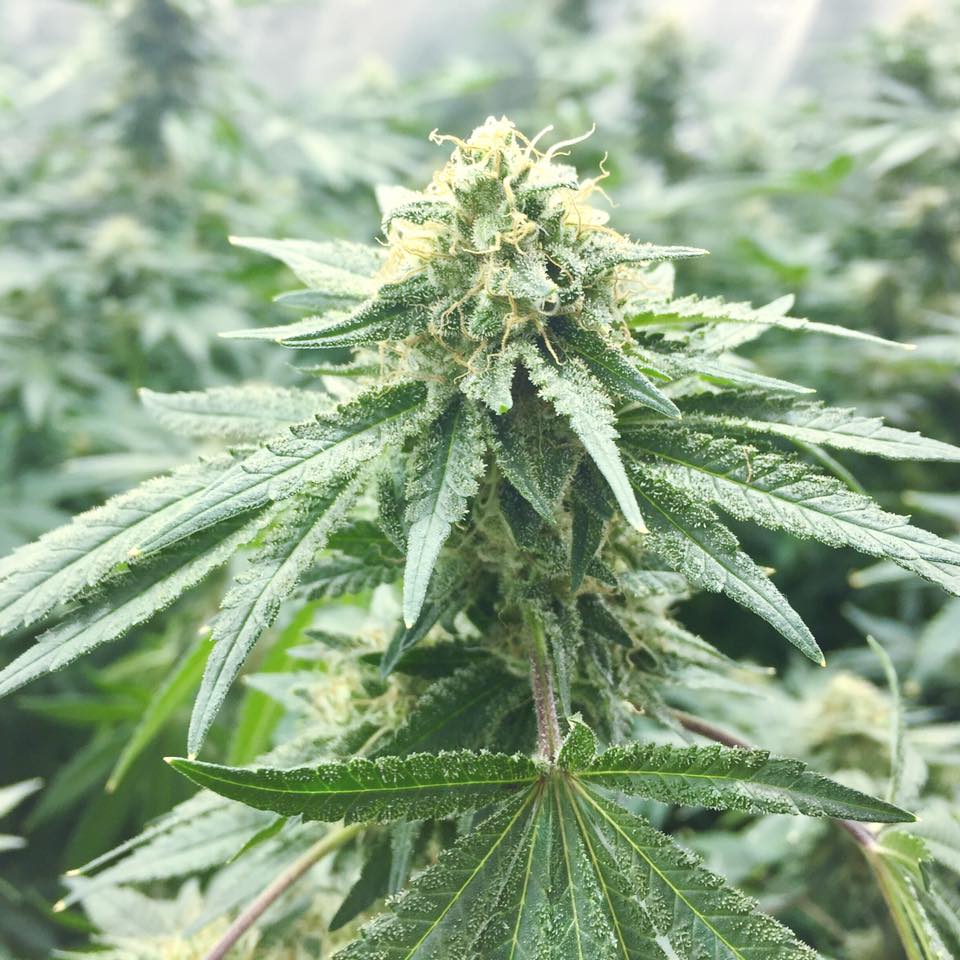
Cannabis has long been classified as a Schedule I controlled substance in the United States, categorized alongside substances like heroin and LSD. This classification implies a high potential for abuse and a lack of accepted medical use. However, as scientific research on the therapeutic benefits of cannabis advances, there is a growing consensus among experts that its current Schedule I status may not accurately reflect its true potential and safety profile.
The Schedule I Dilemma: Schedule I substances are deemed to have a high potential for abuse, no currently accepted medical use, and a lack of accepted safety for use under medical supervision. Cannabis, despite its medicinal properties being recognized by a growing body of evidence, remains in this restrictive category. This classification has hindered research opportunities, limited medical access, and created legal challenges in various states where cannabis has been legalized for medical or recreational use.
Scientific Basis for Rescheduling:
- Medicinal Properties: A Rich Tapestry of Therapeutic Potential Cannabis, a botanical treasure trove, unfolds a myriad of medicinal properties through its cannabinoids, notably THC (tetrahydrocannabinol) and CBD (cannabidiol). A wealth of studies illuminates their efficacy in addressing various health conditions. These cannabinoids exhibit promising results in managing chronic pain, alleviating epilepsy symptoms, mitigating the impact of multiple sclerosis, and providing relief from the debilitating nausea associated with chemotherapy. The intricate dance of these compounds within the human endocannabinoid system unveils a profound potential for cannabis to become a cornerstone in the therapeutic landscape.
- Safety Profile: Navigating Safe Horizons Compared to counterparts in Schedules II and III, cannabis stands as a beacon of safety. A notable distinction arises in its absence from associations with lethal overdoses, positioning it as a remarkably safe option for medical applications. This safety profile underlines its potential to offer therapeutic benefits without the grave risks often associated with other controlled substances. This characteristic further supports the call for its rescheduling to align with its favorable risk-benefit profile.
- Research Opportunities: Unlocking the Secrets of Cannabis The current classification has cast a shadow over the comprehensive exploration of cannabis’s potential applications and risks. Rescheduling cannabis would act as a catalyst, propelling scientific inquiry into uncharted territories. This shift would pave the way for increased research opportunities, enabling scientists to unravel the intricate mechanisms of action within the plant. The knowledge gained could lead to the development of targeted medications, offering nuanced solutions for various health conditions.
- Public Opinion: A Resonant Shift in Perception The evolving landscape of public opinion mirrors a seismic shift in the perception of cannabis. A majority of Americans now lend their support to its medicinal use, recognizing its potential to enhance the quality of life for those grappling with health challenges. Rescheduling cannabis would not only acknowledge this changing sentiment but also provide a legal foundation for its integration into mainstream healthcare, aligning policy with the collective will of the people.
- Economic Impact: Nurturing Growth in the Green Economy Beyond its therapeutic potential, cannabis holds the promise of fostering economic growth. A move to reschedule would catalyze the expansion of a burgeoning industry. Job creation, tax revenue generation, and innovative developments in cannabis-related products stand as potential economic dividends. This economic impact could play a vital role in revitalizing communities and contributing significantly to the broader national economy.
Challenges and Considerations: While the scientific rationale for rescheduling is compelling, there are challenges and considerations to address. These include defining appropriate regulations, ensuring standardized product quality, and establishing guidelines for responsible use. Rescheduling Cannabis from Schedule I to III represents a rational response to the evolving scientific landscape surrounding this complex plant. This shift would not only reflect its proven medicinal properties and safety but also open the door to further research and development, fostering a more nuanced and evidence-based approach to Cannabis policy. As society continues to reappraise its stance on cannabis, a thoughtful and informed conversation on rescheduling is essential to navigate the intersection of science, medicine, and public policy.
